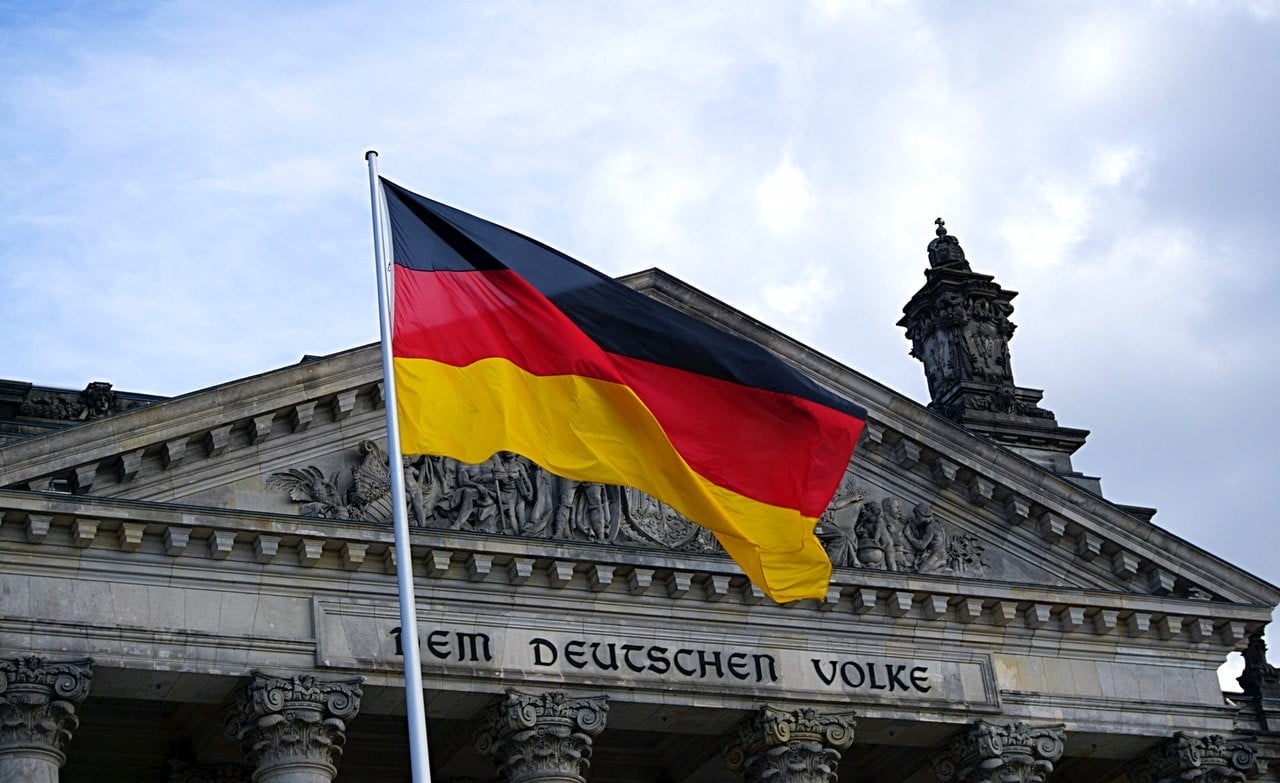
DeFi May Need New Global Regulator in Germany
The world of Decentralized Finance (DeFi) is still in its early stages, but it is already starting to get the attention of regulators. A new global regulator may be needed to keep an eye on this growing industry in Germany.
The German Financial Supervisory Authority (BaFin) recently released a statement on DeFi, warning investors of the risks associated with these products. This is not the first time BaFin has issued a warning about the risks of investing in cryptocurrencies or ICOs. However, it is the first time BaFin has specifically mentioned DeFi products.
BaFin’s statement comes as no surprise given the increasing popularity of DeFi products. According to a report from Deloitte, the value locked in DeFi protocols grew from $1 billion in January 2019 to $13 billion by December 2020. This explosive growth has drawn attention from regulators and lawmakers worldwide, who are now grappling with how to best deal with this nascent industry.
While BaFin’s statement is a reminder that regulators are paying attention to DeFi, it’s important to remember that most DeFi protocols are still in their early stages and have yet to be proven reliable or secure. As such, investments in these products should be made with caution and only after doing extensive research.
This comes as regulators around the world are beginning to take notice of the growing DeFi sector. Some months back, the Securities and Exchange Commission (SEC) issued guidance on how certain digital assets may be classified as securities under U.S. law. And earlier that same month, China’s central bank released a report which included a section on regulating DeFi activities.
This regulatory watchfulness comes as no surprise, given recent high-profile hacks in the DeFi space. Just some months back, a protocol called bZx was exploited for over $8 million worth of Ethereum (ETH). This has led many to call for greater security and transparency measures from projects built on Ethereum’s blockchain.
As BaFin’s interest piqued, it seems only a matter of time before other regulators around the world start paying closer attention to DeFi protocols as well. This could lead to a more standardized approach to regulations, which would be good for consumers and businesses alike.
The EU is considering extending the MiCA to DeFi
The European Union is considering extending the scope of its Markets in Crypto-Assets (MiCA) framework to cover decentralized finance (DeFi) applications, according to a draft proposal seen by Reuters.
If enacted, the move would bring DeFi projects under EU rules for the first time and could significantly impact the burgeoning sector.
At present, MiCA only covers crypto-assets that qualify as financial instruments under EU law. But the draft proposal would extend its scope to
include crypto-assets that do not fall within the definition of financial instruments but are used to access or provide financial services.
This would include so-called stablecoins, which are digital tokens pegged to traditional fiat currencies like the dollar or euro, and DeFi protocols built on Ethereum’s blockchain network.
For decentralized finance (DeFi) to reach its full potential, regulators will need to shift their attention away from regulating particular institutions and toward regulating activities such as lending and investing. This was the finding of a recent study that was carried out for the Blockchain Observatory of the European Union.
In a separate report that was also published on Wednesday, the Bank for International Settlements (BIS) argued in favor of a strategy known as embedded supervision.
According to this strategy, regulators are provided with an elevated position within the DeFi code.
They would then be able to monitor and manage risk in the expanding sector more efficiently as a result of this.
Some of the world’s central banks, such as the Bank of England and the Monetary Authority of Singapore, are already putting embedded supervision through its paces in pilot programs.
If implemented correctly, this strategy has the potential to ease the way for more widespread adoption of DeFi products and services all over the world.







